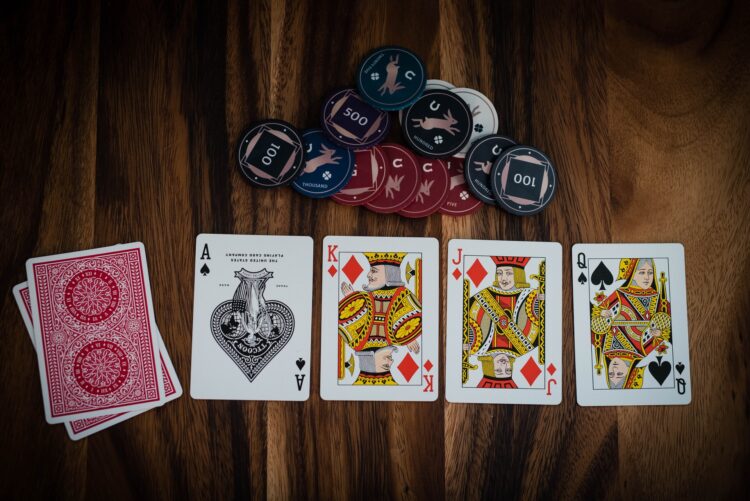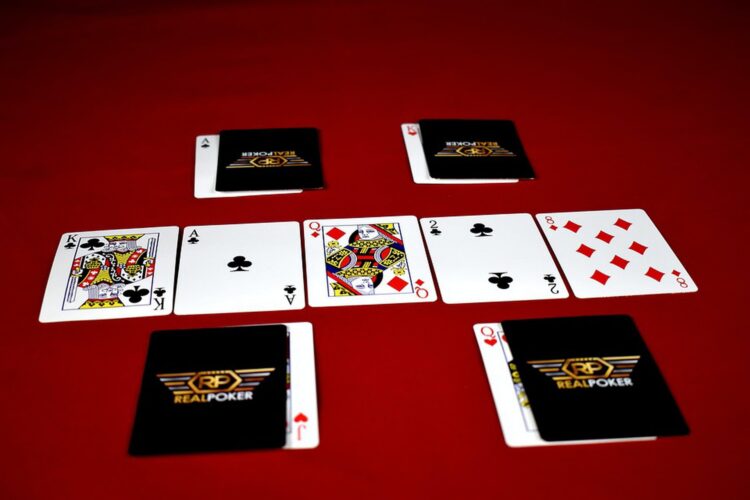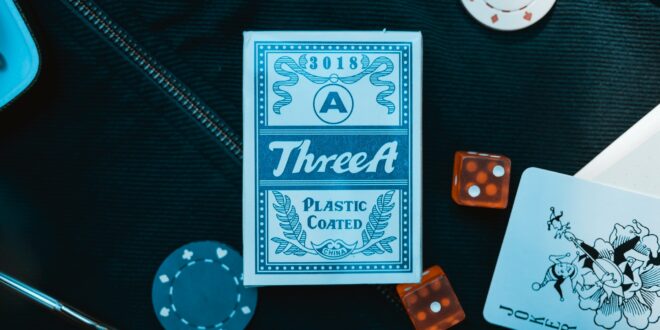People have been cheating at pretty much everything throughout the course of history. Gaining an unfair advantage over the competitors can make all the difference between winning and losing. Unfortunately, it is in human nature to use all possible tools, including the forbidden ones, to win at something. Such people are in minority, but there will always be someone who will try to beat the system utilizing non-allowed weapons.
We’ve witnessed numerous scams and cheats in almost all segments of life. After all, how many people have cheated on their significant others? How many famous sports athletes have used illegal substances to win trophies? Now, when you have a game where the money is involved, and when you have humans playing it, what are the chances that someone would try to cheat? Whatever your answer is, the reality is usually harsher.
Poker: A Game that Awards Cheaters?

Poker is an ideal game for cheaters, offering so many ways for them to act. Fortunately, we live in an era where online casinos use the most developed artificial intelligence systems to prevent scams and protect fair players. Lists of such sophisticated gambling hubs are extensive and can be found at bountiful online sites nowadays, AmericaGambles.com being one.
However, technological advancements bring a host of negative sides as well, allowing the swindlers to do their job in a much wider array of ways that before. In such circumstances, we have combat between powerful corporations who own online casinos and skillful individuals or groups of hackers. The formers are much more successful on a larger scale, but there are still some exceptions. We are going to deal with these exceptions below. Keep reading to learn more about the biggest hacks in online poker history. It is hard to highlight only a few, but we did our best.
The Cereus Poker Cheating Incident

We will start with the 2007 Absolute Poker scandal. Scott Tom was one of the founders of a poker room Cereus Poker Network. Back at the time, it was among the top ten largest online networks in the niche, consisting of Ultimate Bet and Absolute Poker. The latter was a room that faced serious accusations of cheating in early-2007. Numerous players reported suspicious actions, but nobody had any kind of genuine proof. Nevertheless, a blend of an accidental information leak and a strong detective effort by a group of poker enthusiasts revealed one of the biggest scams in the online poker industry.
What happened at Absolute Poker? Numerous players who were active on Cereus Poker Network were convinced that a scam had occurred claiming that a certain player could see their hole cards. The requested hand histories from one of the tournaments. It is a common practice for online sites. However, instead of standard hand histories, the poker room mistakenly sent them a file that contained private data.
IP Addresses, Hole Cards & Much More

The file included all players’ hole cards, the list of those who observed the tables, and even the IP addresses of all participants. It was everything the players needed to begin their detective work. They discovered an observer who watched all hands played by the alleged cheater, starting from the hand No 3. The cheater folded the first two hands before the observer appeared and then went on to see every single flop for the next 20 minutes. His maiden pre-flop fold occurred when one of the opponents had a pair of kings. Things became even more interesting when the detectives found out that the observer’s IP address pointed to Scott Tom, one of the Absolute Poker owners.
As mentioned above, the Ultimate Bet was a part of the same network as Absolute Poker. Not surprisingly, they had their own Scott Tom in the shape of Russ Hamilton. Mr. Hamilton won the 1994 WSOP Main Event but is known as one of the greediest poker players to have ever played the game. Russ had an access to the mighty account at Ultimate Bet. The account allowed him to know each player’s hole cards. He used it to win more than $18 million from regular online players at Ultimate Bet. Cereus Poker Network has never recovered from such two scandals.
Darren Woods
Darren Woods won a World Series of Poker bracelet in 2011. He was by all means a talented player but still wanted an additional edge by trying to take advantage of numerous opportunities for cheating online. Darren was found guilty of a series of online frauds from 2007 to 2012. He was sentenced to 15 months in prison and was forced to pay back $1 million to those defrauded.
What he did was setting up fake identities while hiding his real one at several online poker rooms. He would simply enter a specific table with multiple entries and win money with ease against unhelpful players. He thus had seven distinct seats and played against just a single player at an eight-seat table. The other player was thus drastically handicapped with zero chances to get away from that table victorious.
Woods was obviously not the only man to have performed this kind of hack. Many other players have done the same, including Josh Fields. JJ Prodigy (his nickname) multi-accounted his way to stars since he was 15. He was given lifetime bans to pretty much all serious online poker hubs following the admission of scamming.
Conclusion
These were only some of the most famous online poker frauds. Of course, the list of scammers is much longer and we can add more and more players to it on a regular basis. Nobody guarantees the scams will not happen again, but what we do know is that the regulation around online poker rooms and casinos has never been stronger. It is thus much safer to play online now than it had been in the past. However, if you by any chance spot any kind of suspicious play or behavior, report it instantly and let the authorities do their job.
 Hi Boox Popular Magazine 2024
Hi Boox Popular Magazine 2024



